
Samuel Louis Nistico, better known as Sammy Nestico, was an American composer and arranger. Nestico is best known for his arrangements for the Count Basie orchestra.

The Count Basie Orchestra is a 16- to 18-piece big band, one of the most prominent jazz performing groups of the swing era, founded by Count Basie in 1935 and recording regularly from 1936. Despite a brief disbandment at the beginning of the 1950s, the band survived long past the big band era itself and the death of Basie in 1984. It continues under the direction of trumpeter Scotty Barnhart.

Our Shining Hour is a 1965 studio album by Sammy Davis Jr., accompanied by the Count Basie Orchestra, arranged by Quincy Jones.

Count Basie/Sarah Vaughan is a 1961 album by the American jazz singer Sarah Vaughan, accompanied by the Count Basie Orchestra, with arrangements by Frank Foster, Thad Jones and Ernie Wilkins. According to James Gavin's liner notes to the 1996 CD release, Basie himself does not perform on any of the tracks.

Have a Nice Day is a 1971 studio album by Count Basie and his orchestra, with all music composed and arranged by Sammy Nestico.
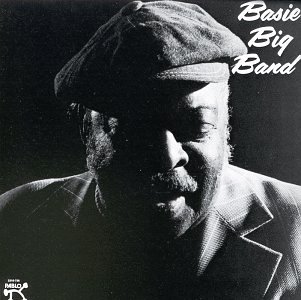
Basie Big Band is a 1975 studio album by Count Basie and his orchestra.

Basie Straight Ahead is an album recorded at TTG Studios, Hollywood, California in October 1968 featuring Count Basie and his orchestra. This album marked the first collaboration between Basie and his long-time orchestrator, Sammy Nestico, who composed, arranged and conducted all of the songs on the record. The engineers were Ami Hadani and Thorne Nogar, and the producers were Tom Mack and Teddy Reig. The disc was issued in 1968 on Dot label and on English EMI.

Prime Time is an album by Count Basie that won the Grammy Award for Best Jazz Performance by a Big Band in 1978.

88 Basie Street is a 1983 studio album by Count Basie.
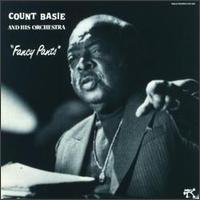
Fancy Pants is a 1983 studio album by Count Basie and his orchestra. This is the last recording that Basie made with his big band.
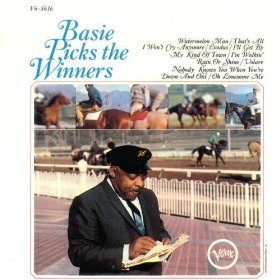
Basie Picks the Winners is a 1965 studio album by Count Basie and his orchestra.
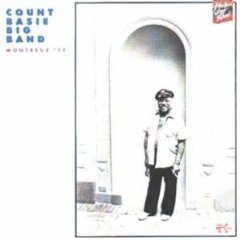
Montreux '77 is an album by Count Basie and his orchestra, recorded at the 1977 Montreux Jazz Festival.

Live in Japan '78 is a 1978 live album by Count Basie and his orchestra.

Fun Time is a 1975 live album by Count Basie and his orchestra, recorded at the 1975 Montreux Jazz Festival.

Warm Breeze is a 1980 studio album by Count Basie and his orchestra.

I Gotta Right to Swing is a 1960 studio album by Sammy Davis Jr., accompanied by an uncredited Count Basie Orchestra, minus Count Basie himself.
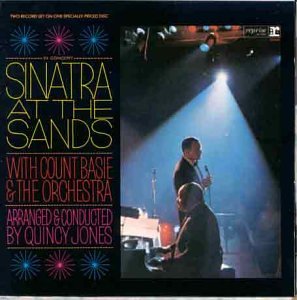
Sinatra at the Sands is a live album by Frank Sinatra accompanied by Count Basie and his orchestra, and conducted and arranged by Quincy Jones, recorded live in the Copa Room of the former Sands Hotel and Casino in Las Vegas in 1966.

Sarah: Dedicated to You is a 1991 studio album by Carmen McRae, with the Shirley Horn trio. The album was recorded in tribute to McRae's friend and fellow jazz singer Sarah Vaughan, and was McRae's last recording.
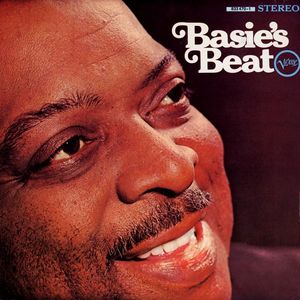
Basie's Beat is a 1967 album by Count Basie and his orchestra.

Basic Basie is an album by pianist and bandleader Count Basie featuring performances recorded in Chicago in 1969 and released on the MPS label. It was released in the U.S. in 1972 on the Groove Merchant label as Evergreens.




















